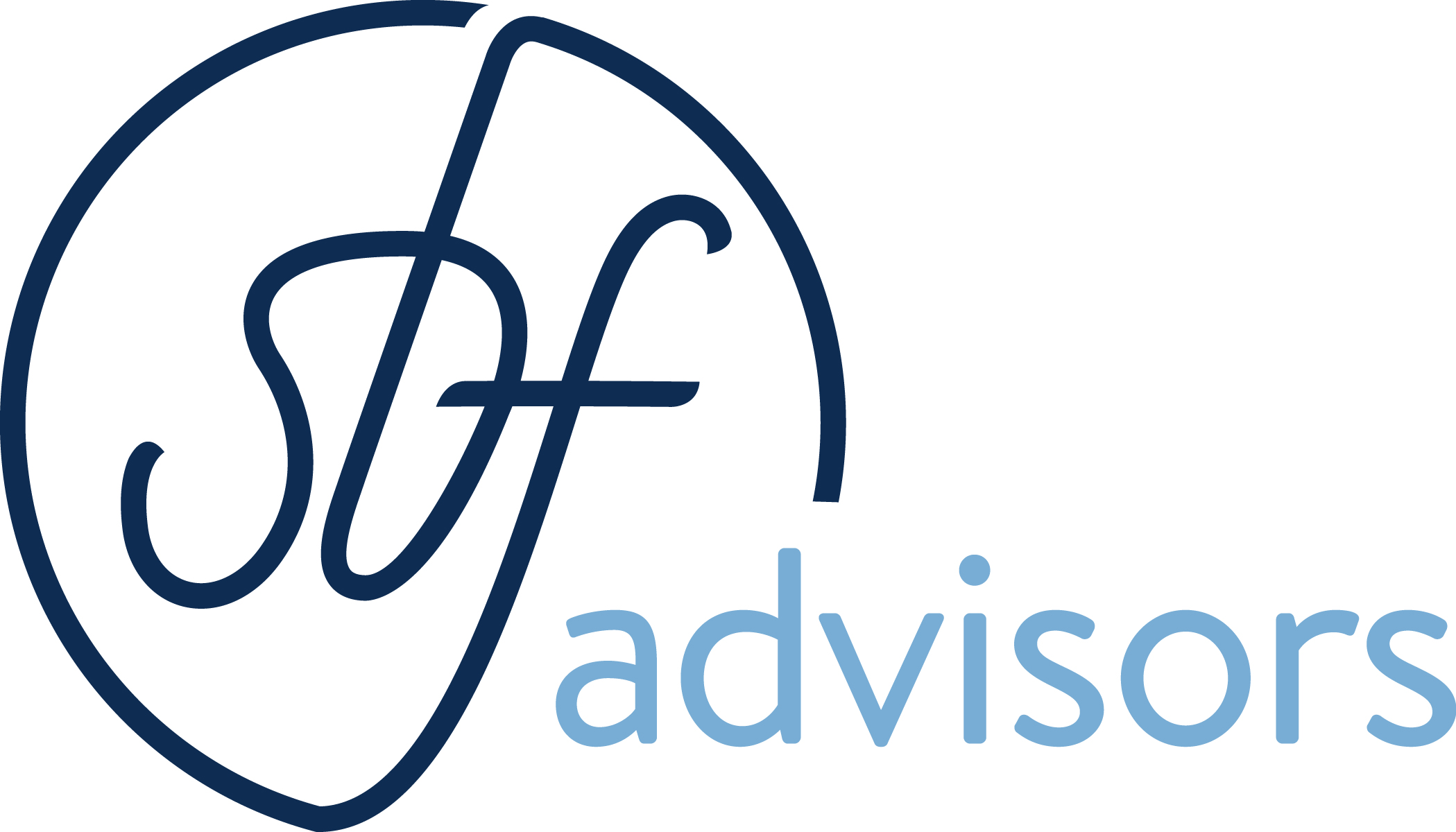Affordable Housing and COVID-19: A Round-Up of Recent News
Every problem caused by a lack of affordable housing, and every solution designed to address the issue, has been affected by COVID-19.
Before the COVID-19 pandemic started, the U.S. was already experiencing a housing affordability crisis. The pandemic has made the affordable housing problem worse, and it has pushed some of the solutions even farther out of reach.
Here’s a roundup of recent media reporting on how COVID-19 has affected the affordable housing crisis broadly.
Evictions
The eviction moratorium issued in September will be in place until the end of the year, but some landlords are starting the eviction process now, according to the Washington Post. The eviction moratorium doesn’t prevent evictions; it just delays them. About 1 in 3 Americans say it’s “somewhat or very likely” that they’ll face eviction or foreclosure in the next two months, according to survey data released last week by the U.S. Census Bureau.
The Eviction Lab says evictions are emotionally and financially devastating to families who face them, and that they often lead to job loss, poverty, and health problems.
Evictions don’t just affect the person or family losing their home, though. Evictions also can force people into living in closer quarters or moving into homeless shelters, where the risk of contracting COVID-19 may be even higher. Ultimately, this could prolong the pandemic.
There’s also an economic cost to evictions, and not just for the evicted. Jen Kirby of Vox argues that our housing system is so interconnected that evictions and nonpayment affect landlords, mortgages, lenders, and investors.
Mortgage forbearance
With tenants struggling to pay their rent due to job loss or medical bills as a result of COVID-19, many landlords are struggling to pay their mortgages.
The CARES Act, the federal legislation that provided expanded unemployment benefits, help for small businesses, and other COVID-19 relief, also mandated that federally financed mortgages be eligible for forbearance. A forbearance does not wipe away the debt from missed payments, though; it simply allows the borrower to delay those payments.
In an August survey of landlords managing more than 50,000 rental units, the Urban Institute and Avail found that Black and Hispanic landlords are more likely than white landlords to report that they’re struggling to pay their mortgages and that they are more likely to take mortgage forbearance.
“Despite the struggles, Black and Hispanic landlords are more likely to offer their tenants a rent payment plan, suggesting these landlords are dedicated to keeping their tenants,” according to the Urban Institute. The COVID-19 crisis is hitting Black and Hispanic families hard medically, and this makes it clear that it’s also hitting these communities hard economically.
Federal coronavirus relief legislation
It’s up in the air whether a new federal relief package will be passed this year, and it’s not clear whether the new package would provide specific relief for landlords or renters in addition to stimulus checks.
An additional round of stimulus checks would not likely dig renters out of a months-long hole, but a more comprehensive stimulus package with help for renters and landlords might begin to address the problem. Additionally, as cities and states grapple with the COVID-19 crisis and the resulting budget shortfalls, they are likely to reduce spending for programs subsidizing housing, which could further exacerbate housing affordability issues.
Increase in costs, decrease in revenue
According to a National Leased Housing Association (NHLA) survey of property owners providing low- and moderate-income housing conducted in August, housing providers have seen a nearly 12% drop in revenue and a nearly 15% increase in operating costs due to the COVID-19 crisis. The decrease in revenue is primarily due to nonpayment of rent, and the increase in operating costs is due to heightened cleaning procedures and personal protective equipment for staff.
Impact on future projects
The COVID-19 crisis is also having an impact on housing projects in development. The NLHA survey also noted that of the 36% of developers who had previously planned to invest in housing projects, half have scrapped those plans.
Bloomberg News says costs are increasing for all types of construction, including affordable housing. Citing research by the National Multifamily Housing Council, they note that 36% of builders say they’ve been impacted by a lack of construction materials and 57% have experienced construction delays, half of which were attributed to lack of financing.
The affordable housing crisis affects everyone, even those who don’t struggle to pay rent or to afford a mortgage.
“Research shows the shortage of affordable housing costs the American economy about $2 trillion a year in lower wages and productivity. Without affordable housing, families have constrained opportunities to increase earnings, causing slower GDP growth,” according to the National Low Income Housing Coalition.
At Spoor Bunch Franz, we are working hard to serve developers, investors, and landlords who are doing their part to solve the problem by managing, building, and financing more affordable housing. Housing affordability is a crisis that has been amplified by the pandemic, and we believe it’s more important than ever that we all work together to increase the availability of housing.
If you are an investor, developer, or landlord who could use advice on tax credits, capital gains, financing, cost certifications, or HUD regulations, we can help. Email us at info@sbfcpa.com.

